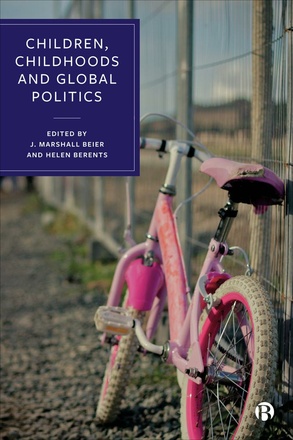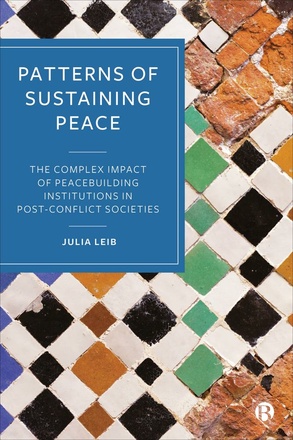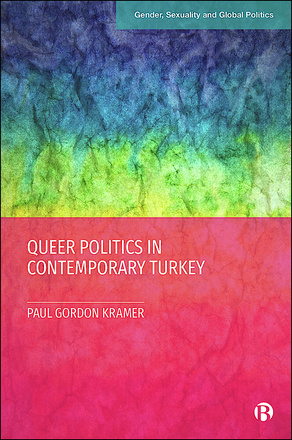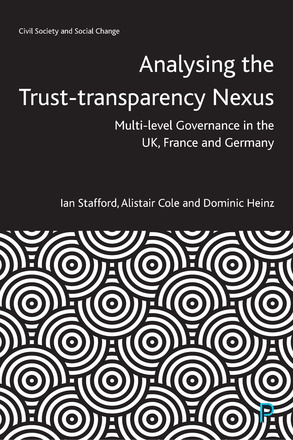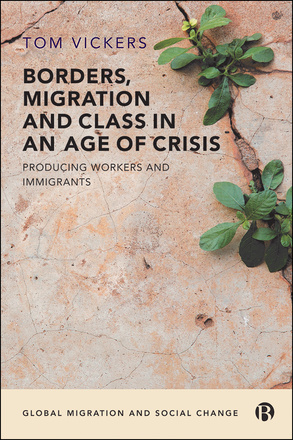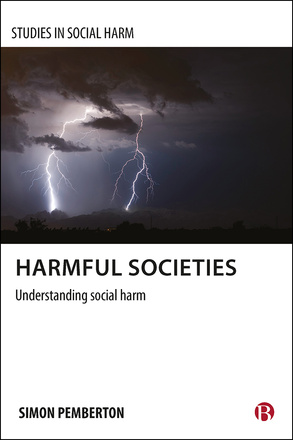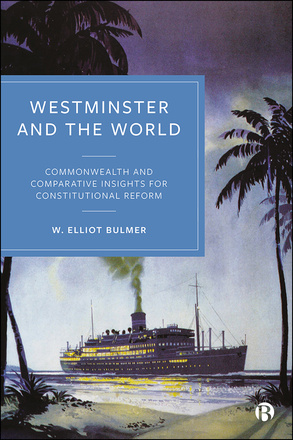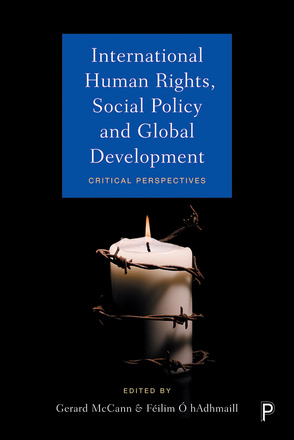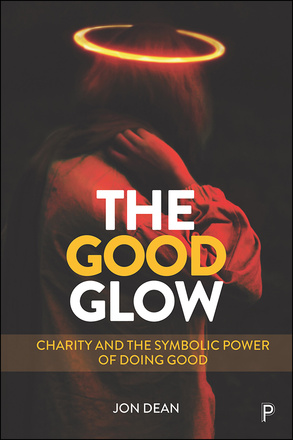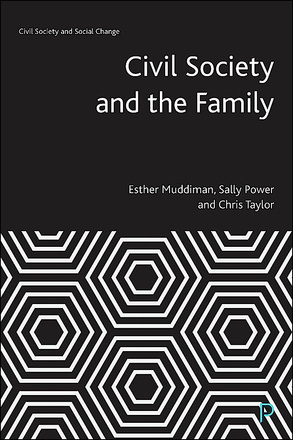Political control & freedoms
Children, Childhoods and Global Politics
Written by an international list of contributors, this book presents highly nuanced accounts of children and childhoods across global political time. The analysis demonstrates how international relations is quite deeply invested in a particular rendering of childhood as, primarily, a time of innocence, vulnerability and incapacity.
Patterns of Sustaining Peace
The Complex Impact of Peacebuilding Institutions in Post-Conflict Societies
This book explores how to establish peace in societies recovering from large-scale, armed conflicts by introducing a sustaining ‘peace scale’ as a continuous measure for peacebuilding success.
Queer Politics in Contemporary Turkey
Drawing on the words and stories of queer Turkish activists, this book aims to unravel the complexities of queer lives in Turkey. In doing so, it challenges dominant conceptualizations of the queer Turkish experience within critical security discourses.
The Unheard Stories of the Rohingyas
Ethnicity, Diversity and Media
The 2017 persecution of the Rohingyas resulted in around a million Rohingyas fleeing to Bangladesh, India and Malaysia. This book investigates the complex challenges of managing the large-scale refugee exodus in Bangladesh and how best to resolve these challenges in the future.
Analysing the Trust–Transparency Nexus
Multi-level Governance in the UK, France and Germany
Drawing on fieldwork from the UK, France and Germany, this volume addresses the relationship between trust and transparency in the context of multi-level governance.
Borders, Migration and Class in an Age of Crisis
Producing Workers and Immigrants
Informed by Marxist theory, this book examines how categories of ‘workers’ and ‘migrants’ have been mobilised within representations of a ‘migrant crisis’ and a ‘welfare crisis’ to facilitate capitalist exploitation, and proposes alternative understandings that foreground solidarity.
Harmful Societies
Understanding Social Harm
This book is the first to theorise and define the social harm concept beyond criminology and seeks to address these omissions and in doing so provide a platform for future debates, in this series and beyond.
Westminster and the World
Commonwealth and Comparative Insights for Constitutional Reform
Constitutional scholar Elliot Bulmer considers what Britain might learn from Westminster-derived constitutions around the world. Exploring the principles of Westminster Model constitutions and their impact on democracy, human rights and good government, this book builds to a bold re-imagining of the United Kingdom’s future written framework.
International Human Rights, Social Policy and Global Development
Critical Perspectives
The strengths, weaknesses and enforcement of concepts of international human rights receive a new social policy perspective in this insightful review of a pressing debate. Drawing on examples from around the world, it sets out the evolving role of universal rights in domestic and international policy and human welfare.
The Good Glow
Charity and the Symbolic Power of Doing Good
We praise those people who do things for others. But the symbolic power of giving means glow of 'goodness' that charity provides can be taken advantage of. Drawing on original data and Bourdieu's sociology, this book examines a wide range of charity examples to provide an entertaining critique of how contemporary charity works.
Civil Society and the Family
This enlightening book challenges conventional distinctions between the family and civil society as it uncovers how civic values and practices are inherited and fostered within the home.
Putting Civil Society in Its Place
Governance, Metagovernance and Subjectivity
Through theories of metagovernance and case studies of mobilisations against economic and social problems, Bob Jessop explores the idea of civil society as a mode of governance. Reviewing concepts of self-emancipation and self-responsibilisation, he challenges conventional thinking and identifies lessons for future social innovation.







